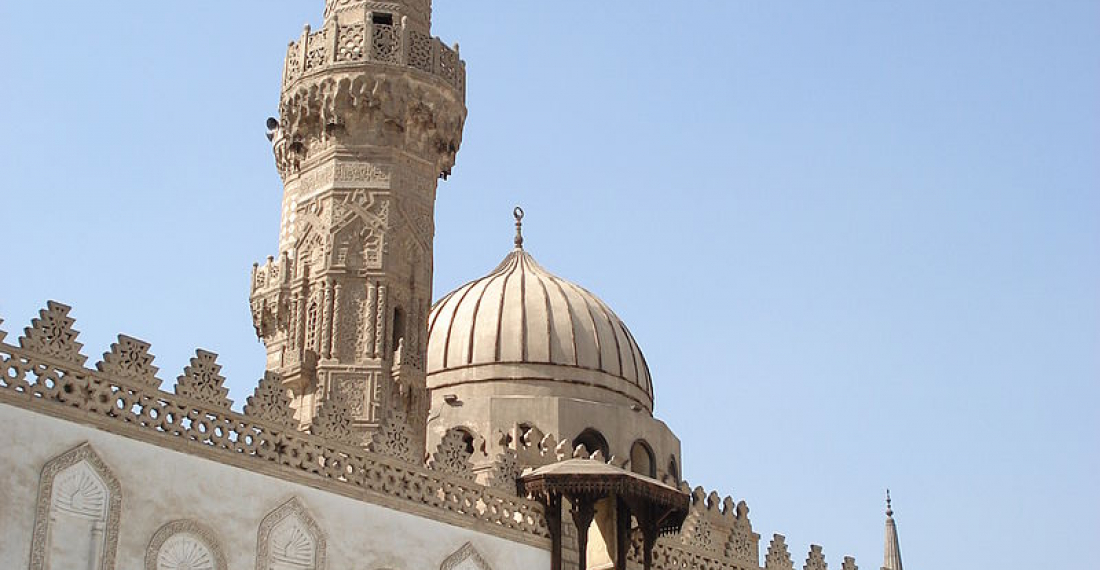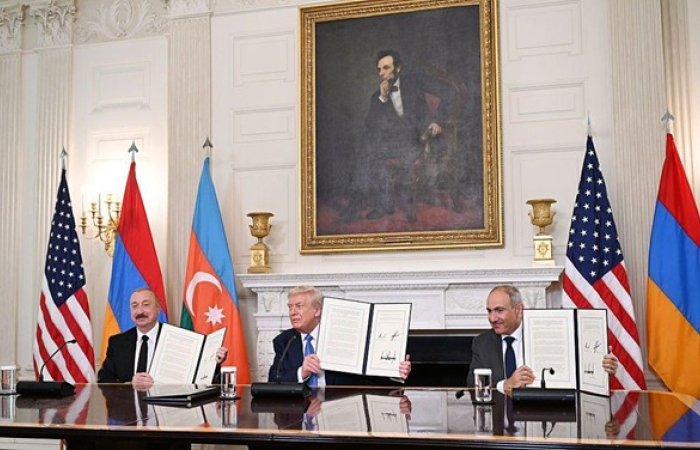On Thursday (7 August), Sudanese Prime Minister Kamil al-Taib Idris visited Egypt for his first foreign trip since assuming office in May. He met with President Abdel Fattah el-Sisi and Prime Minister Mostafa Madbouly to discuss renewing cooperation between the two neighbours, especially on shared concerns such as the Nile River and regional stability.
Prime Minister Madbouly underlined Egypt’s intent to expand cooperation across multiple fronts. They plan to strengthen joint committees covering trade, infrastructure, health, education, and regional security. Egypt also reaffirmed its support for Sudan’s post-conflict reconstruction efforts and promised to continue collaborative work for sustainable development. The two sides emphasised the importance of refraining from unilateral actions regarding Nile water usage, implicitly referring to Ethiopia’s stance on the Blue Nile dispute.
This visit signals Egypt’s wish to stabilising Sudan, a neighbouring country where Egypt has historical and strategic interests but that has been in a civil war since April 2023. By deepening political and economic cooperation, Egypt aims to assist the new Sudanese government in navigating humanitarian and water-related challenges, while reinforcing its role as a key regional stabiliser.
Source: commonspace.eu with Africa News and other agencies
photo: Cairo, the minaret of Al Azhar (archive picture).






